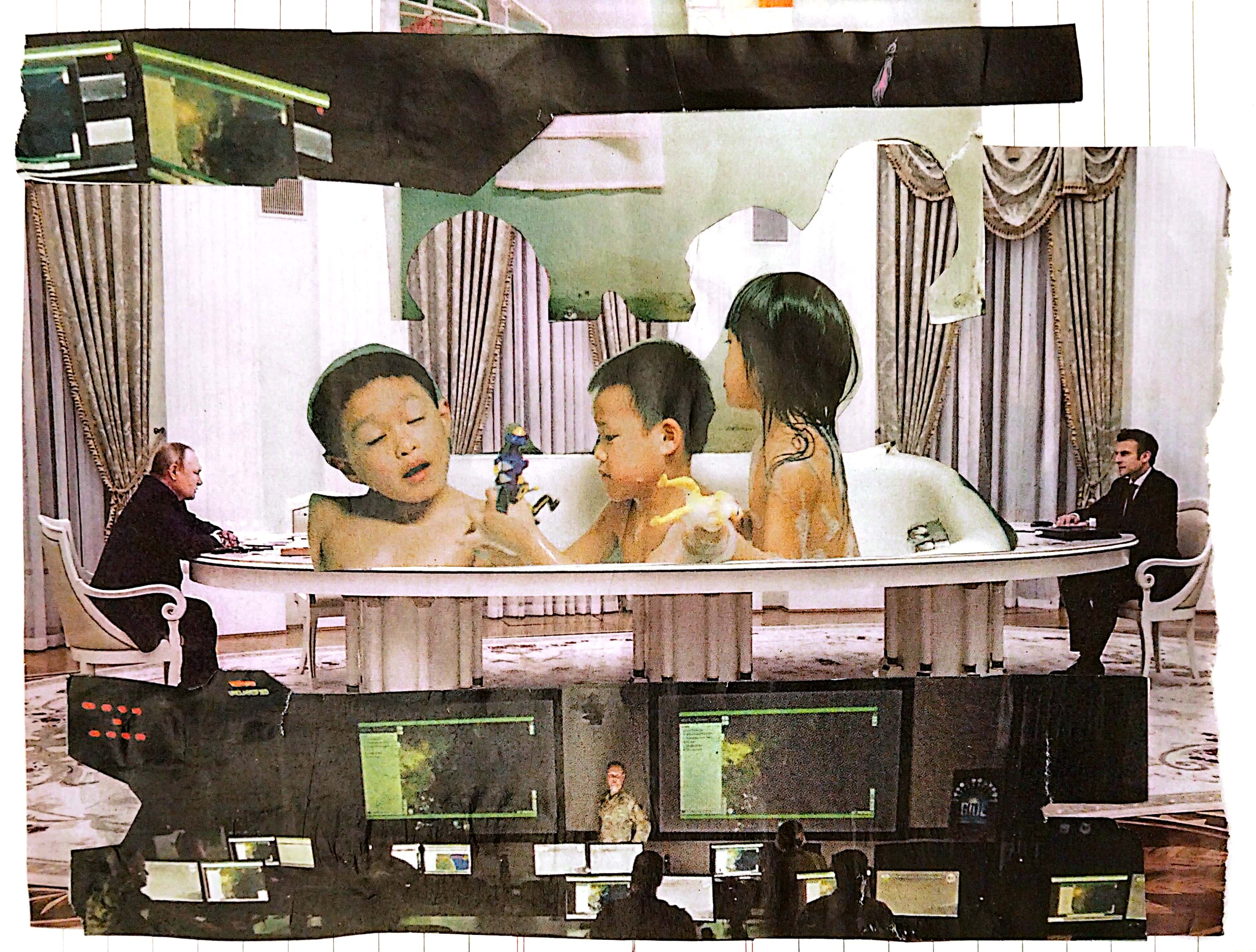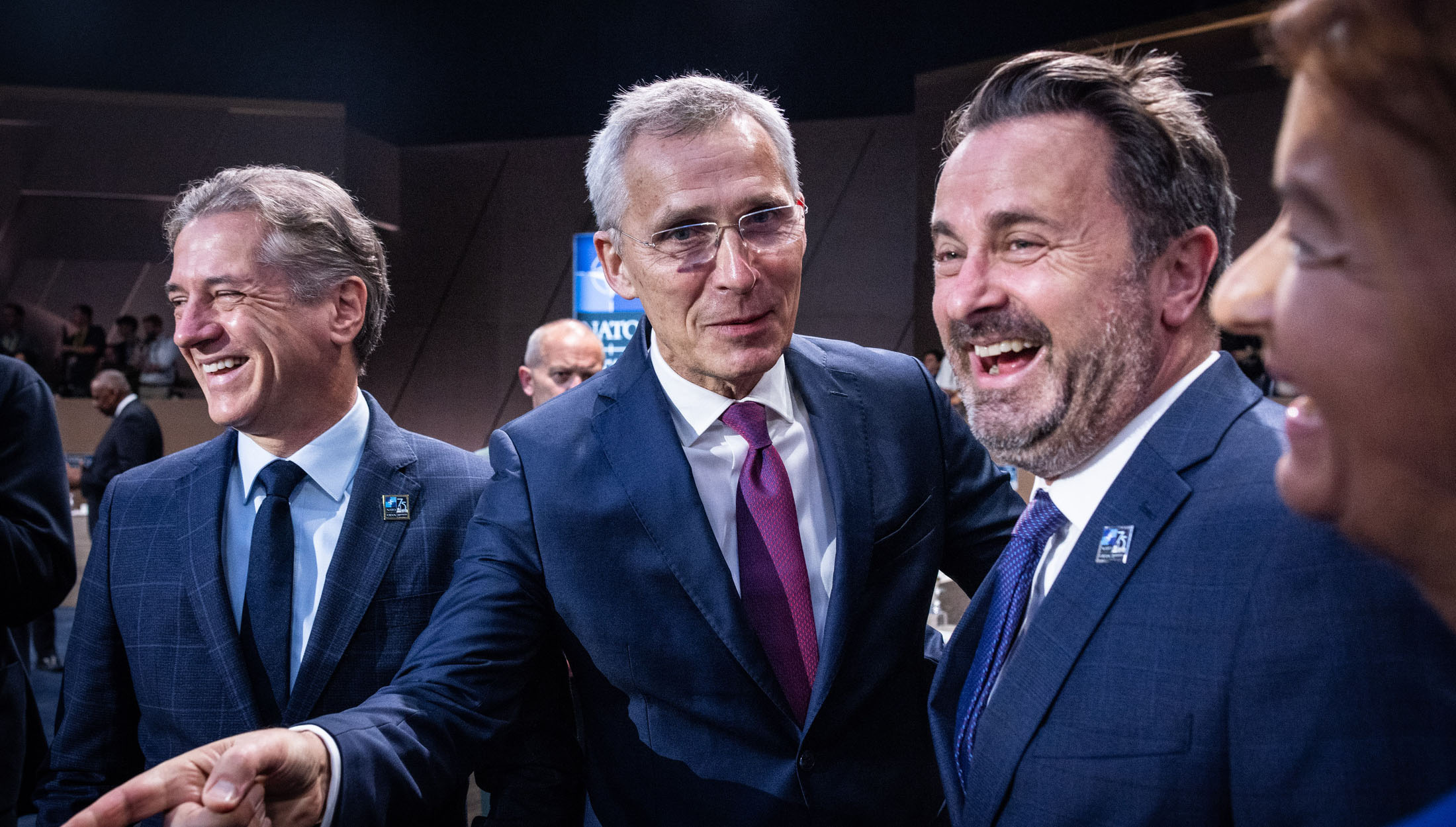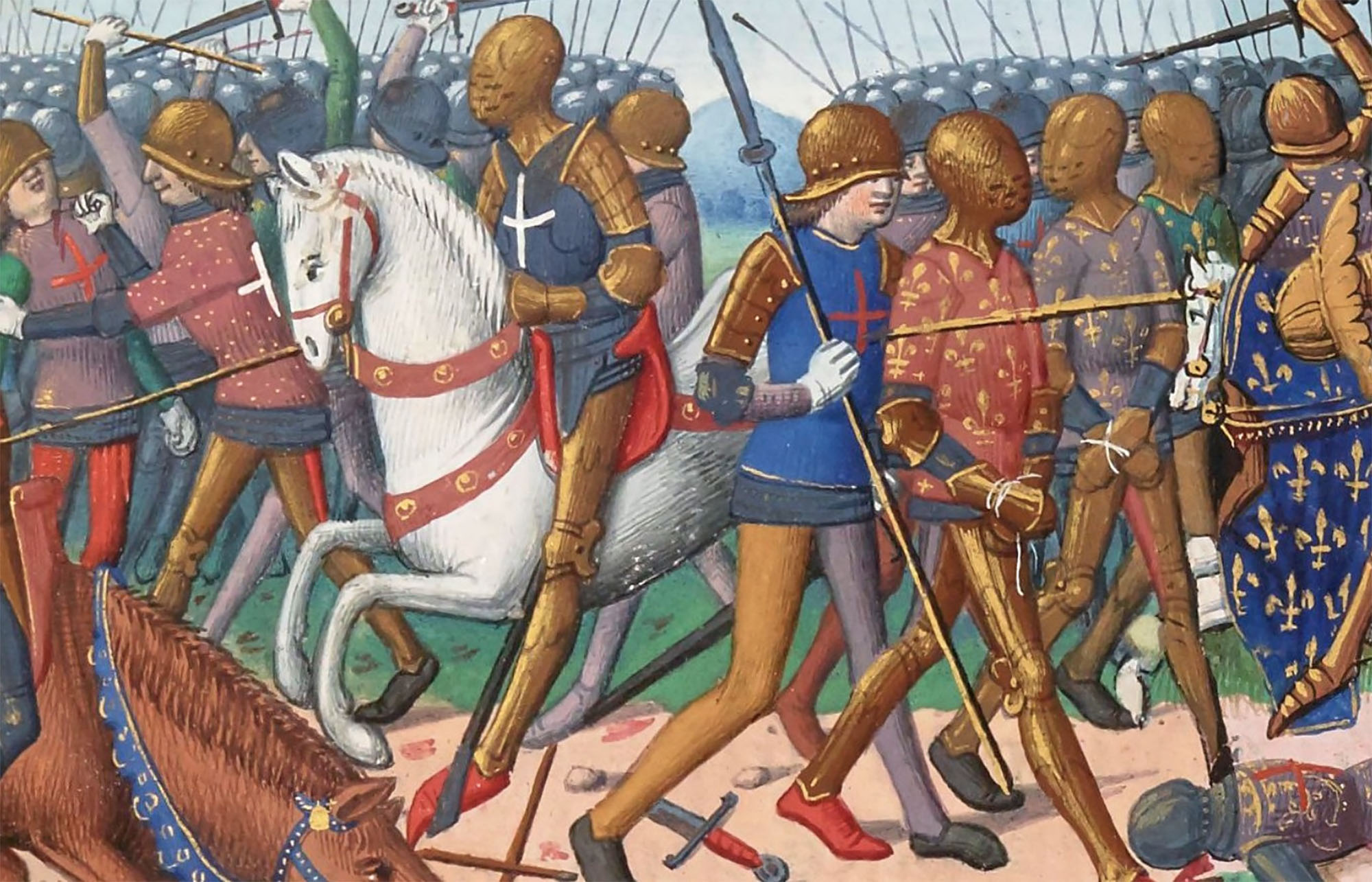
“The water will stop coming out to the letter and at the temperature it wants,” I think every time I open the kitchen or shower fountains. “At home we will have to learn to live with the cold”, when heating is switched on. “Will life become materially impossible in medium-sized cities like Vitoria-Gasteiz?” when making the purchase. How are we going to work in ARGIA when because of lack of gasoline we cannot get together many times, or when we turn electronic appliances into luxury with dozens of scarce minerals?”, by car, to Lasarte. "The war, which we're used to exporting, is going to hit the door of our house? looking at Ukraine. Repetitive thoughts.
"The agenda of our elites is clear. What are the citizens going to do? What do you think of left, countrymen?
It's come. In 2008, we reflected in the neighborhood, “with what was coming”, that we should promote the transformation by organizing popular parties or occupying spaces rather than fighting for food and housing for all, because the excluded would multiply – although the marginalized would continue to be “the others”. In 2015, the encyclopedic reading The energy spiral caused me chills to “what we had close by.” The pandemic was triggered in the midst of the process of creating the neighborhood’s food network, and for the first time I felt that community satisfaction with basic needs could become “tomorrow” not only “the one of others”, but also a tool to meet my needs. Energy crises, climate chaos, wars and mass migrations, supply problems... Reading with collapse was an intellectual exercise yesterday; today it is a tangible reality: just as revolution does not start or end on epic day E, collapse is a process.
I think that, perhaps with too much optimism, it would be easy to solve many of the problems that lie ahead: sharing, collectivizing, reducing, reusing... Many of these changes would bring us not only survival, but also joy of life. I see Europe multiplying military budgets and values in the heat of a war that breaks, and I think, with too much pessimism, that there has been no dominant group in history that has accepted the ‘with sportsmanship’ retreat: that we Europeans will not be better, we will defend the privileges achieved by the war by deepening it, because even if the massacre is ‘sterile’, the loss of hegemony is not reversed.
The agenda of our elites is clear. What are the citizens going to do? What do you think of the people as left-wing? To continue at the expense of the elites to desperately defend our golden cage – cage, but gold-colored cage – which will continue to grow? “In a society where resources diminish, we learn to share them like never before, or we will kill ourselves like never before,” wrote Emilio Santiago Muiño. Let's take a half lap and start sharing it. Create and strengthen routines, desires, ethics, structures, organizations that make exchange possible.
On November 25, International Day against Male Violence, the Steilas Feminist Union Feminist Secretariat has published a poster: Our body is a battlefield, and all the schools in Hego Euskal Herria have received it. We wish to denounce the violence suffered by women and children... [+]
“The time has come for courageous, comprehensive and noble proposals (…) for Euskal Herria to re-enter the world’s revolts,” said friend Hartu López Arana in her opinion article “For an effective aggression” published in ARGIA magazine in July 2018. Six years have... [+]
Japan, 6 and 9 August 1945, the United States launched an atomic bomb causing tens of thousands of deaths in Hiroshima and Nagasaki; although there are no precise figures, the most cautious estimates indicate that at least 210,000 people died at the end of that year. But in... [+]
The nuclear winter theory Paul J. It was the result of an investigation published in 1982 by Crutzen and John Birks. According to this study, "nuclear explosions and subsequent fires would release large amounts of soot, dust and ash into the atmosphere, causing a notable... [+]
On this rainy Sunday, we are responsible for the fate of people living in disquiet at the various conflicts that exist in the world. By far, it seems that we cannot be freed from the hands of many rulers acting towards power. Many human beings live in the world with the... [+]
The following infographic is based on the report number 55 of the Delàs Peace Research Center of Catalonia, published in October 2022. In the report, Xavier Bohigas, Pere Brunet, Teresa de Fortuny, Anna Montull García and Pere Ortega analysed in depth the links between... [+]
When I was a kid, it was customary at home to park what we were doing at eight o'clock in the afternoon, assemble the TV and watch the ETB1 news. At first, I was very irritated by those unjust changes in the night chain, and I was asking my parents how it was possible that, being... [+]
In the fall of 1415 the battle of Agrincourt erupted between England and France, one of the most decisive wars of the Hundred Years War. To this end, when Henry V, king of England and lord of Ireland, decided to send his army to France that summer, the soldiers landed on the... [+]
In the 1980s, the young Basques sang “si vis pacem, para bellum”. If you want peace, get ready for war, we screamed in Latin, without understanding very well the meaning of the phrase.
At that time, the Basque conflict was in the vortex and the world lived in the last years... [+]
Genocide is unfortunately a fashionable word. According to Rafael Lemkin’s definition in 1946, genocide is defined as “actions aimed at the total or partial destruction of a national, ethnic, racial or religious group.” These actions may include “killing the members of... [+]



















